7 new year's resolutions for hi-tech musicians
Take your music-making to the next level in 2014
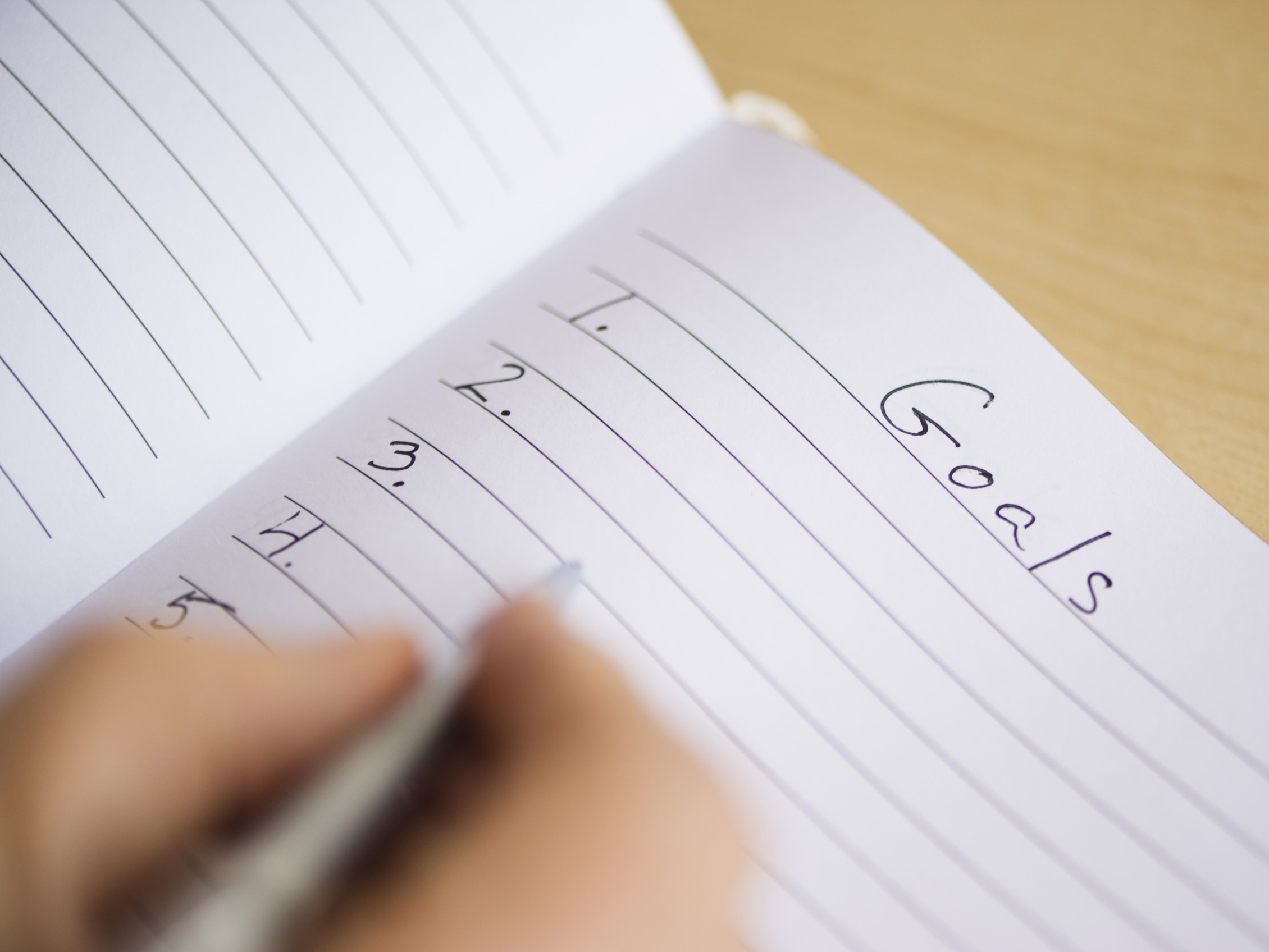
A fresh start
New year's resolutions are easy to make, but rather more difficult to keep. Frequently we set ourselves unrealistic targets, the upshot being that we fail to meet them and end up feeling worse about ourselves than we did to start with.
If you want to improve your music-making in 2014, though, we can help. We've got seven practical goals for the next year and, with our assistance, we think you can achieve them...
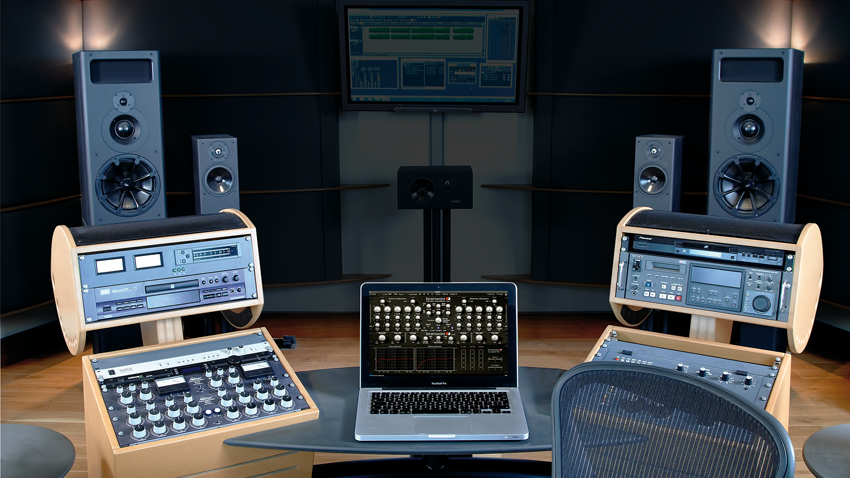
Master mastering
It's the dark art that even one of Harry Potter's teachers would struggle to teach you, but why not make 2014 the year that you get to grips with the process of mastering your music and make it really sparkle?
To help you on your way, you might like to check out our guide to essential mastering tools and let us debunk a few common mastering myths for you. We can also show you how to understand dynamic range and compression, get your head around dynamic EQ, and use mid/side EQ.
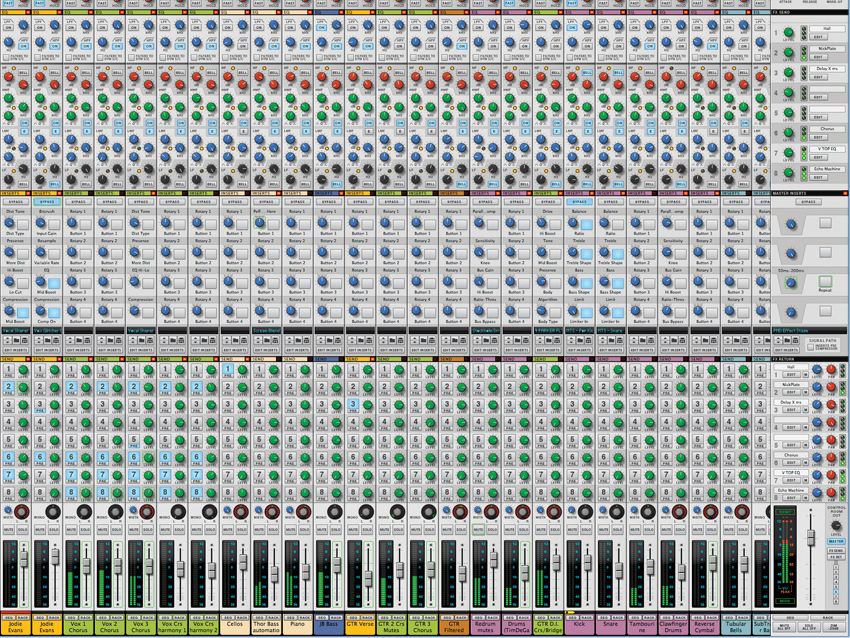
Learn your mixer
You might think that you know what your mixer does, but are you really using it to its full potential?
Our digital mixing tips and tricks might convince you that there's more to your virtual desk than you previously thought, and we'd also recommend that you take a look at our round-up of classic channel strip plugins.
If you happen to be a Cubase user, meanwhile, we can help you to get more out of version 7's Mix Console.
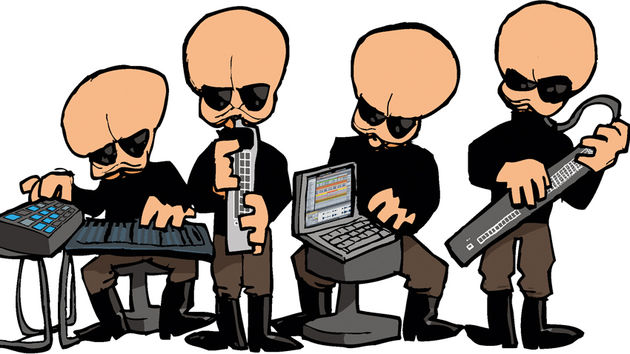
Play live
There's nothing quite like hunkering down for a long session in your studio... but there's nothing quite like the buzz you get from performing your music to a crowd, either.
These days, there are a multitude of options for anyone who wants to take their hi-tech tunesmithery skills to the stage - check out our guide to performing computer music live for a guide to them, and also let us show you how to prepare a track for use in FL Studio's Performance Mode.
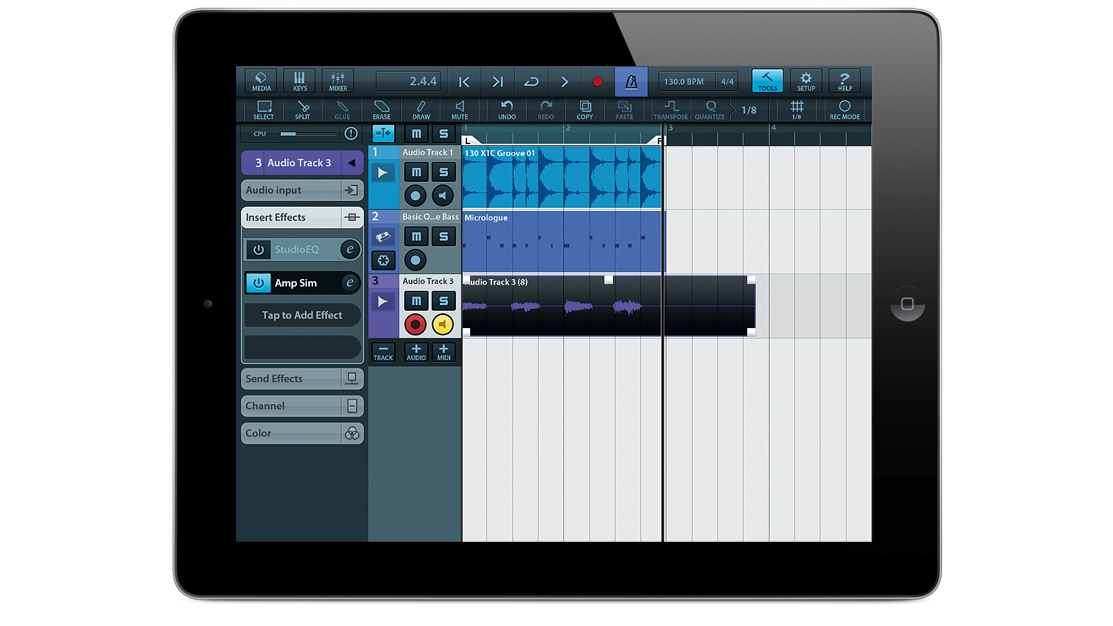
Get more out of your iOS apps
It's time to get past the perception that iOS music-making apps are 'just toys' and start doing something useful with them.
Thanks to Audiobus and Inter App Audio you can now use multiple apps in a project, and we can show you how to do things such as record audio and MIDI in Steinberg's Cubasis, edit MIDI in GarageBand and integrate iPad apps into Reason 7 via Wireless MIDI.
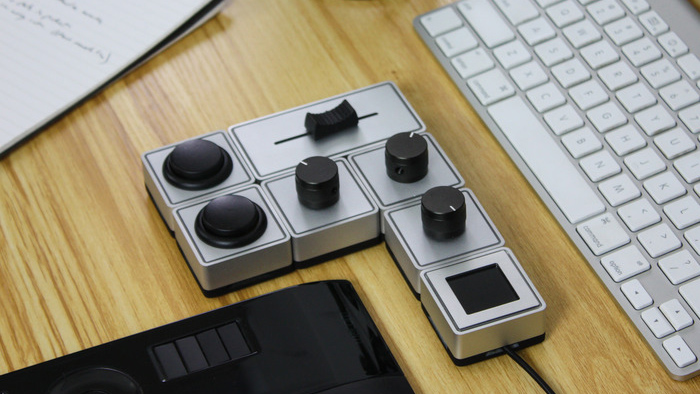
Build your own gear
Buying gear off the shelf is so 2013 - now's the time to brush up on your DIY skills and start creating music-making kit of your own.
You don't have to be an electronics whizz to do it, either; littleBits and Korg's Synth Kit enables you to make a synth by clicking modules together, and the similar-looking Patchblocks should ship soon.
If it's a MIDI controller you want why not try the click-together Palette, and if you're feeling both creative and flush, you could design your own surface and get it build via Umidi.
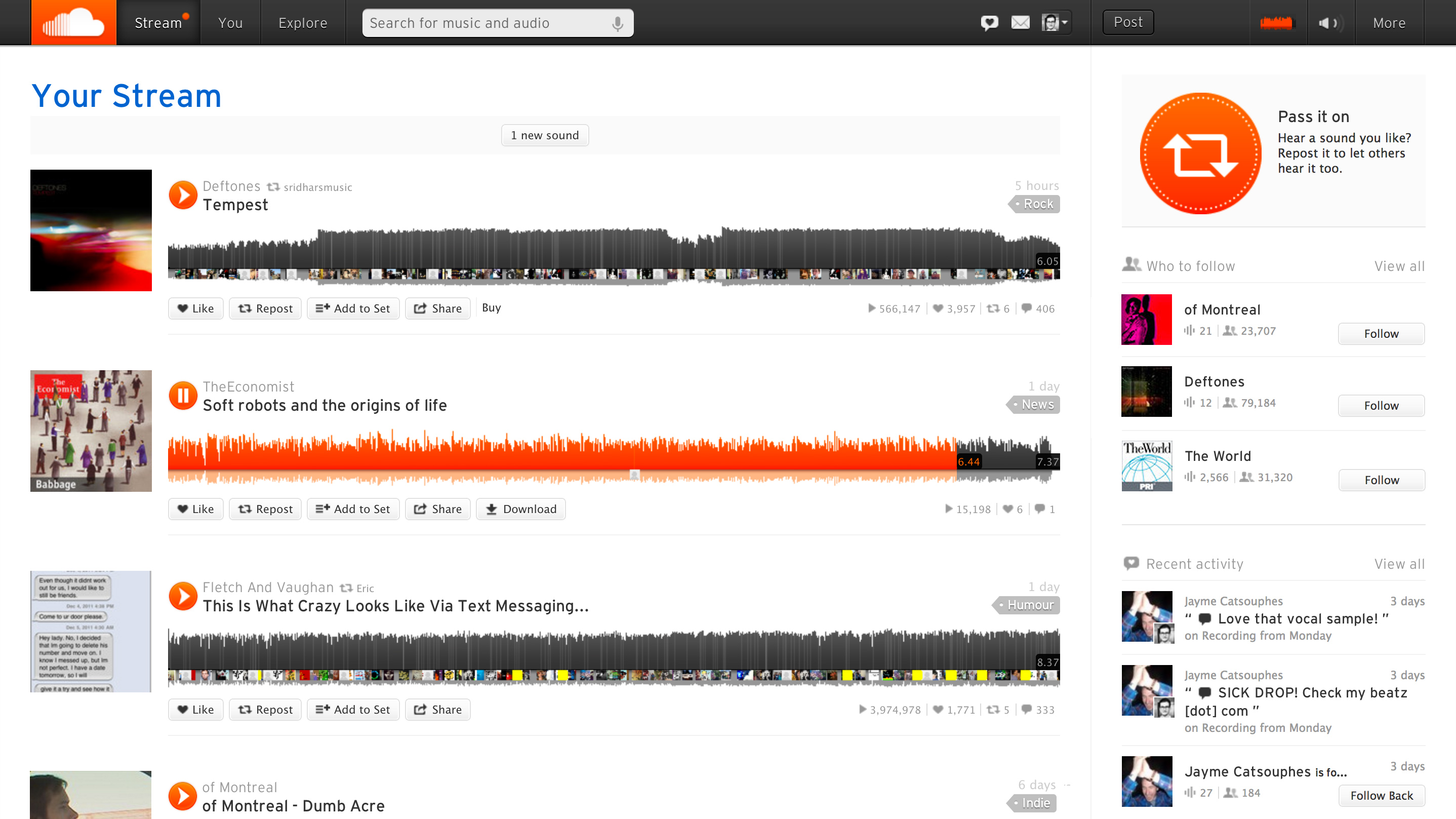
Get your music heard (and maybe make some money)
It's all very well spending hours composing, recording and producing a track, but if no one else ever gets to hear it, was it really worth the effort?
We can brief you on some of the best places to put your music, and if you're serious about turning your producing into a career, be sure to follow our 10 steps to success in today's musical climate. If that's not enough, try our 14 money-spinning tips for musicians.
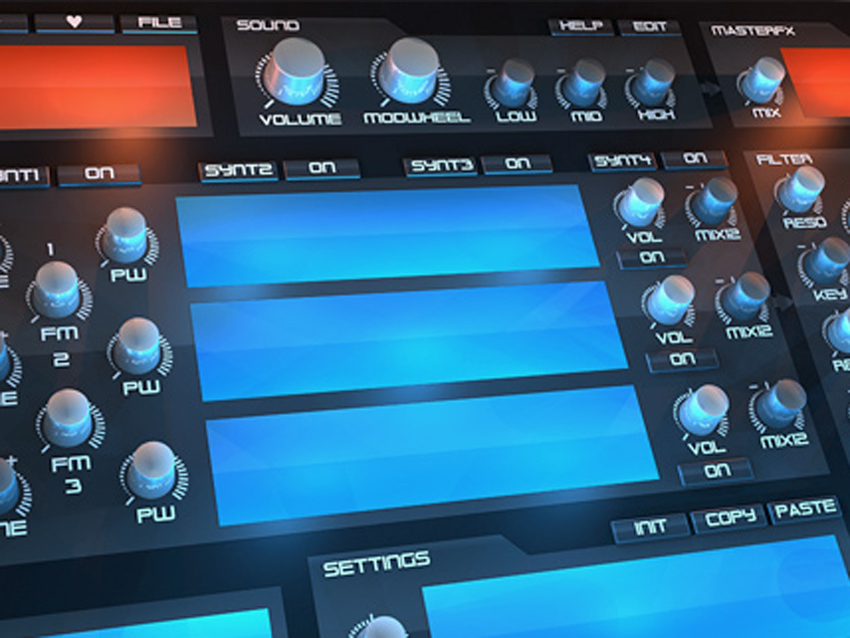
Find your own sound
Tempting though it is to try and emulate the sound of artists who are currently enjoying commercial success, if you want to feel fulfilled in your music making, you need to carve out your own identity.
Our rundown of the top 10 dance music production cliches should give you an idea of which production tricks are best avoided, and if you want to go in a different direction, check out our eight creative sidechaining tips, make unique samples with our 10 found sound production tips, or advance your sound design skills via our 23 next-gen VST synth tips.

I’m the Deputy Editor of MusicRadar, having worked on the site since its launch in 2007. I previously spent eight years working on our sister magazine, Computer Music. I’ve been playing the piano, gigging in bands and failing to finish tracks at home for more than 30 years, 24 of which I’ve also spent writing about music and the ever-changing technology used to make it.